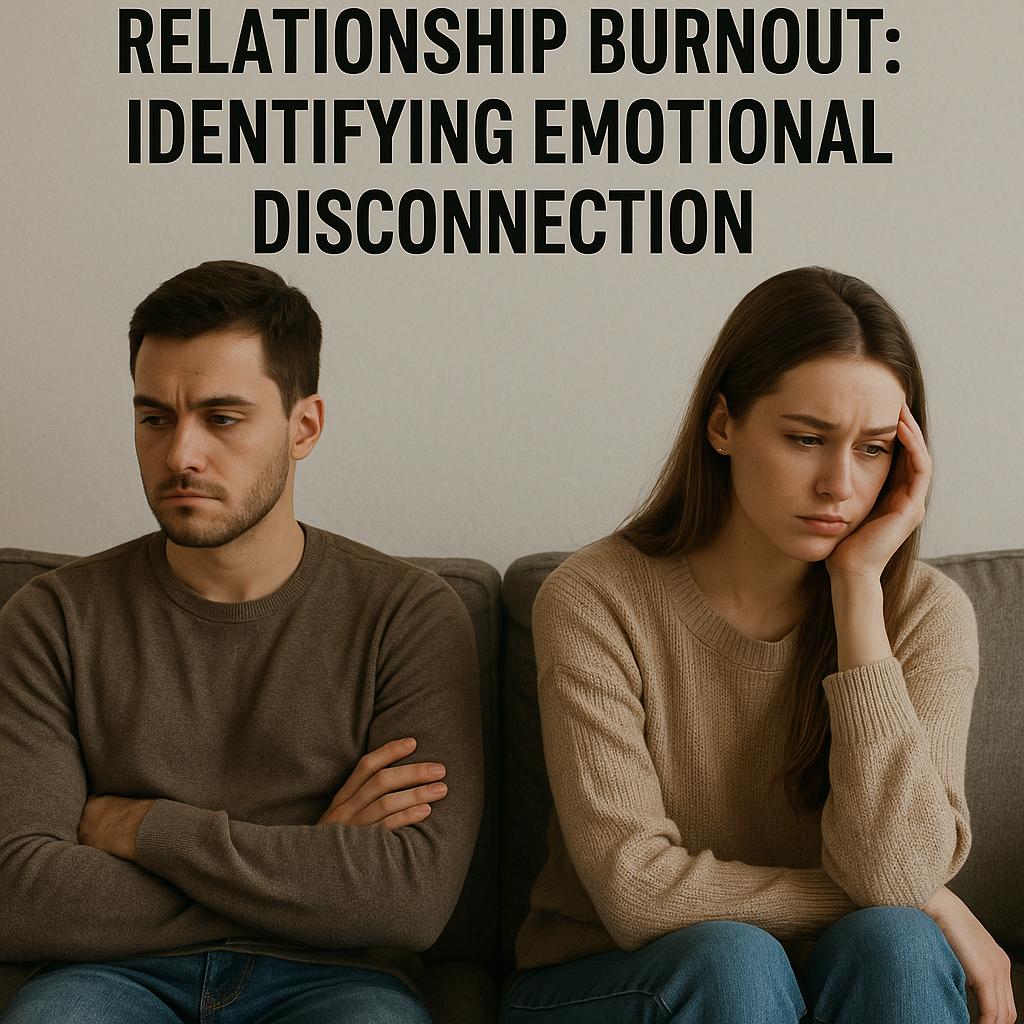What Is Distance and Isolation Cascade
The distance and isolation cascade was first introduced by renowned researcher John Gottman, and here is how it tends to unfold. When partners break up, it is very common to experience a process of physical and emotional separation. In fact, emotional separation is often completed before either partner realizes what has really happened. Hence, “we just grew apart”. In this posture, they struggle to recognize that the relationship is in critical condition.
Dr. John Gottman‘s landmark research fully described the phases or steps that lead to the end of relationships. They are as follows:
Flooding:
As the four horsemen ride into the relationship, criticism, defensiveness, stonewalling and contempt engulf and submerge the relationship. Once anger and frustration become too overwhelming, the brain’s emotional centers heighten the experience of already intense emotions. Resentment builds and magnifies with every disappointment. As a result, the relationship becomes a constant powder keg. Negative emotions frame every interaction as each partner gathers evidence that the other partner has failed them and always will. As a result, emotional and physical distance becomes the norm.
Problems seen as too severe:
Rather than talking things through, partners become so reactive to each other’s opinion that they avoid interacting in a meaningful way. They see the situation as helpless and hopeless, defining how they see their partner. Most importantly, they no longer see their partner as a reliable person. That belief fundamentally rearranges the emotional safety in the relationship and the emotional distance between partners grows wider.
Work problems out alone:
People tend to separate emotionally first and physically last. However, as estrangement increases, partners stop looking to one another as a resource or support system. Problems are no longer shared, and opinions are not discussed. As a result, only the mundane details of life are safe topics to share. Over time, partners get downgraded to the status of a roommate.
Parallel lives:
Unhappy spouses effectively arrange their lives on parallel tracks. In other words, they change their schedules to avoid seeing each other. Their social life shrinks as they eat less meals together and attend fewer social events. They tend to work later or work more on the weekends. They carefully distribute their time elsewhere with social and business obligations that keep them far away from spending time with their partner.
Crushing loneliness:
Perhaps the most challenging part of the cascade is the deep loneliness that haunts many unhappily married people. On the one hand, grief about how their marriage used to be continues to rise. On the other hand, the loss of hope for the future of their marriage continues to increase as well. Without successful repair attempts over time, unhappy spouses will usually break-up or get divorced.
In the end, each element of Gottman’s cascade leads to the total breakdown of communication in a relationship. If you can relate to the distance or isolation cascade, then it’s time to get honest and improve your communication. It’s time to rise up and admit that something must change. Otherwise, divorce or a lifetime of heartbreak, pain, and loneliness will consume you!
Do you want help with your relationship?
Regardless of the challenges in your relationship, I want you to feel empowered with the tools and skills you need to free yourself from the distance and isolation cascade and enjoy a more secure and lasting relationship!
If you want a clear path to greater intimacy, I would love to be your guide. Contact me today to learn how couples therapy can help.







